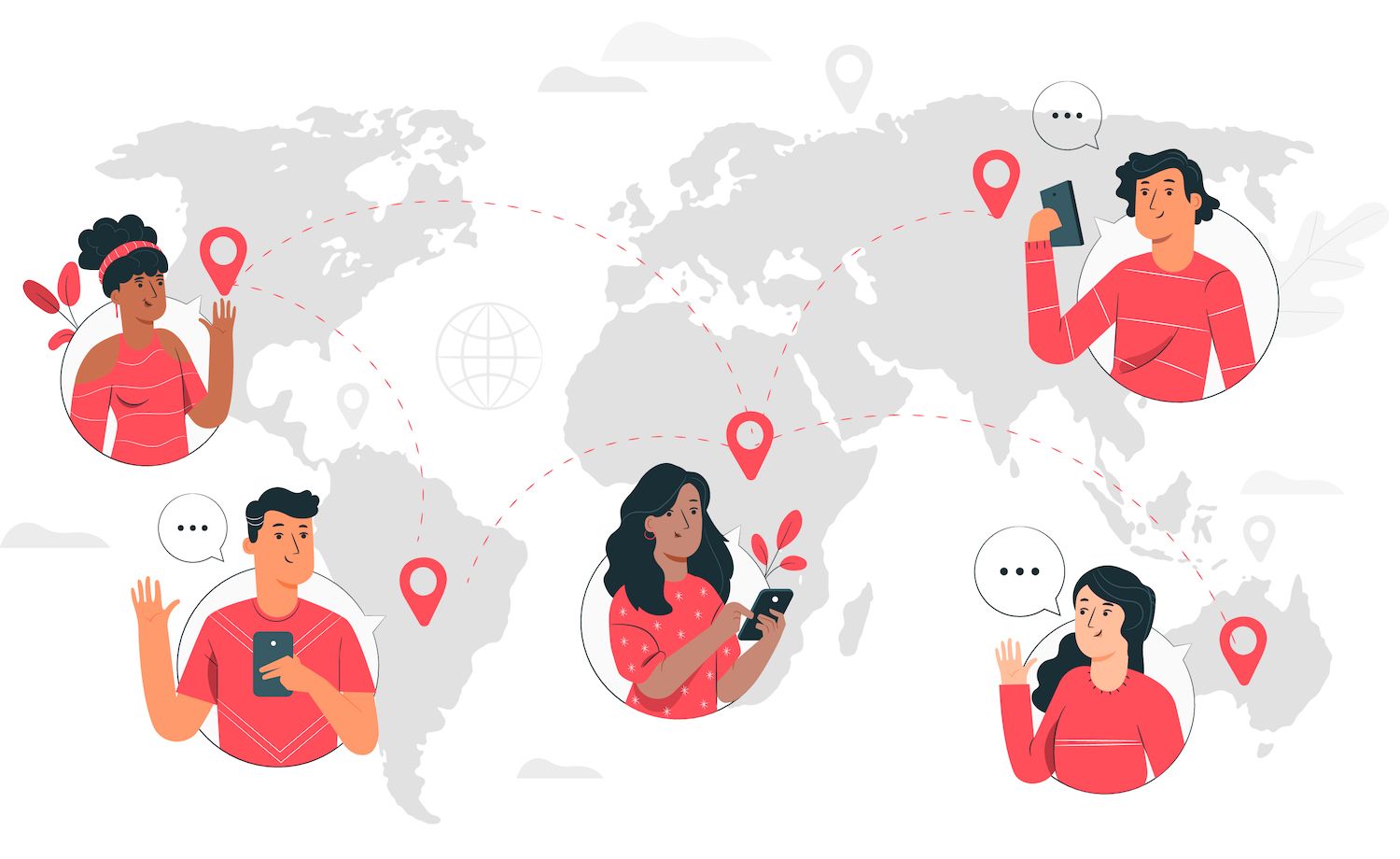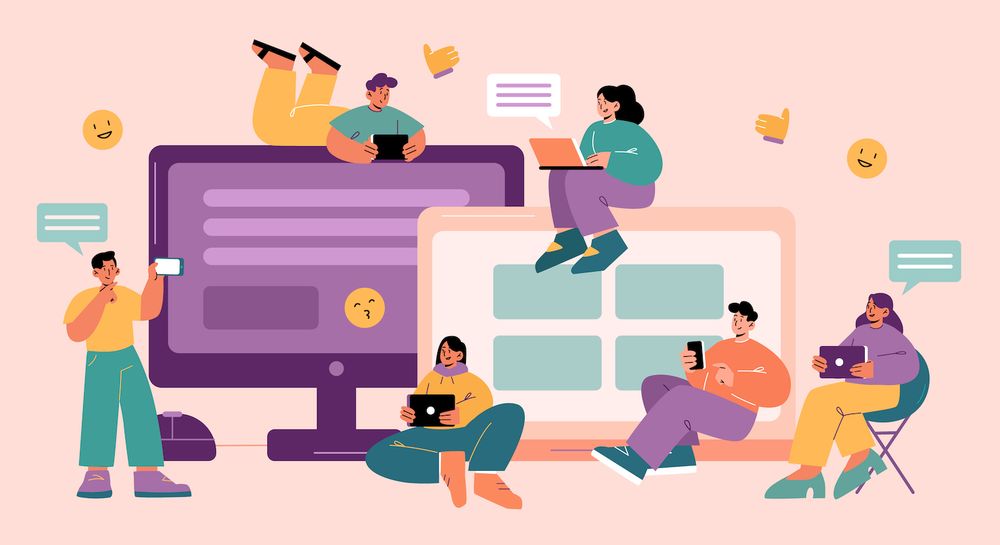How to Sell a Mobile App or game outside App Stores -
Thank you to Tony Markov for contributing to this article!
If you're not sure how to sell an app direct to consumer (D2C) outside the apps stores or seeking a different way to monetize your game or mobile app and game, you might be wondering about what possibilities you have.
Steep fees from platforms like the Apple App Store and Google Play could create a need for developers of games and app developers to think beyond the simplicity and ease of traditional marketplaces for apps, but restrictions from the platform owners are making it challenging.
But, due to ongoing court cases and the creation of new rules and laws the landscape of mobile phones is evolving.
There are more choices than you thought -- but where do you begin?
In this article this article, we'll discuss:
- Current app store practices and rates.
- A variety of tools you can make use of to earn money from games and applications outside of the app store.
- Highlights from the most recent U.S. and European legal news stories that can impact game sales as well as app revenue.
What is the way mobile App Stores Work Currently
The app store accounts for the majority of smartphone OS's market market share across the globe, Android with the Google Play Store as well as iOS through an Apple App Store enjoy an advantage over mobile app distribution as well as mobile app e-commerce worldwide. Although these markets are starting to open up but it's essential to comprehend the model that app stores were previously operating within.
There's a plus, since apps are widely used by almost every single person on earth with an mobile phone, their ability to attract new users for your app or players to play your game is unparalleled. Then, app stores provide a simple and easy way for players to download and pay for the latest apps as well as in-app purchases through a marketplace that they trust and using payment methods that they've added to their accounts.
App stores can also make it easy for app developers to distribute their applications. They also manage essential aspects of transactions, such as varied payment methods and currencies, fraudulent transactions, tech support related to the transaction, and collecting and paying sales tax.
But that ease of use can come at a steep price for developers.
What are the Downsides of Monetizing via Major App Stores
Assuming your game or app is approved by gatekeepers for the mobile app store at the beginning, the complete lack of competition means that fees associated with sales via iOS and Google Play app stores are very high -- usually about 30%..
These fees are also applicable to in-game purchases as well. That means, even if you intend to release a free app and then monetize it through online purchases, your users and users will still be forced to pay high charges to app stores.
Transferring the Feesor the savings -- to consumers
Some apps are starting to make it clear that a certain percentage of the high fees charged by app stores are being passed along directly to buyers, but they also offer lower-cost alternatives in place.
Otter's 2023 Pro Pricing Updates
Otter changed its pricing plans by mid-2023. The price changes for packages coming to effect on August 20, 2023..
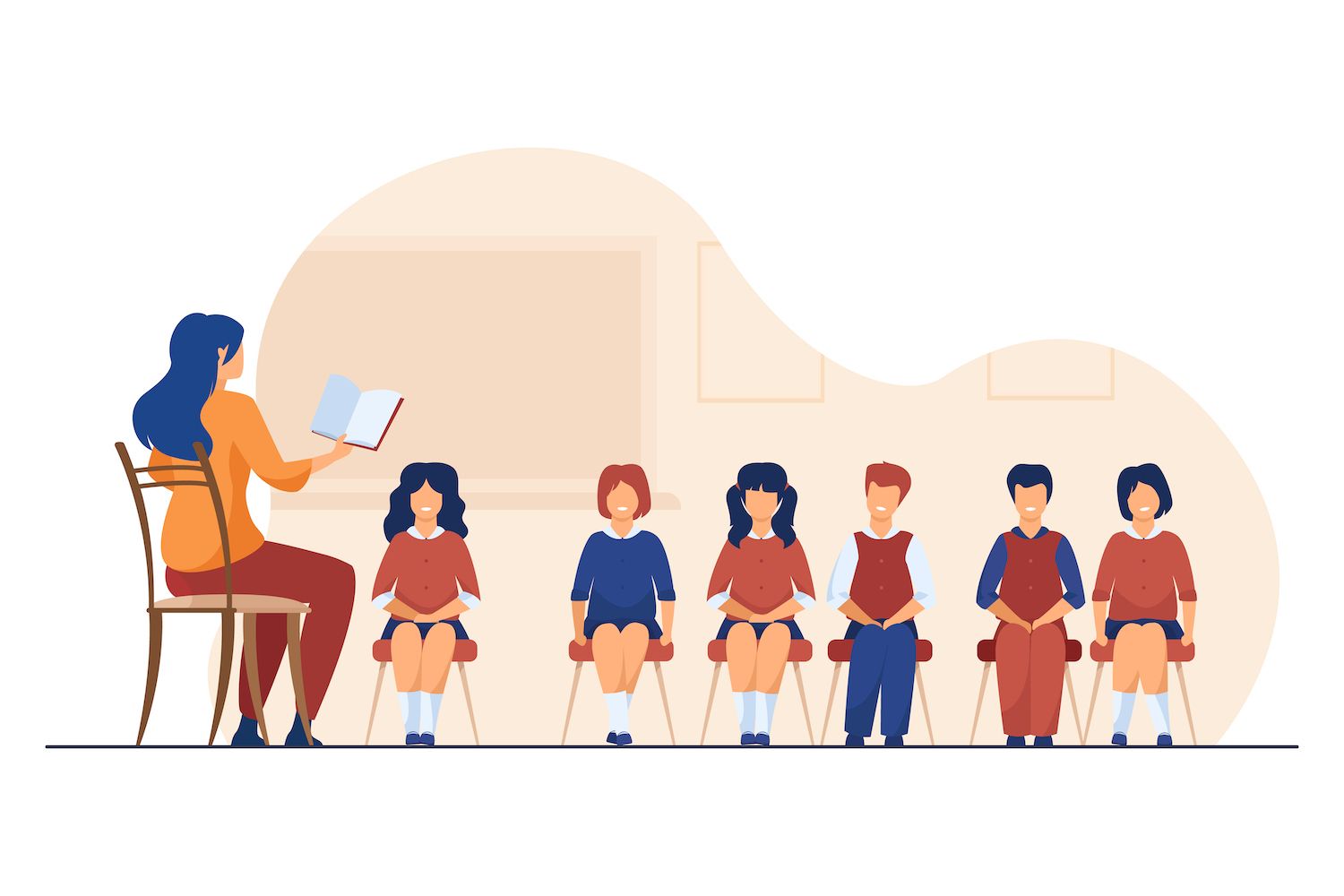
But there was one particularly notable Pro choice: Paying for a year-long subscription on the Apple App Store or Google Play Store will cost users an additional $10 and will raise the cost approximately 8%, between $119.99 and $129.99 USD.
In order to explain how customers can avoid this upcharge, Otter placed a green "Tip" box beneath that Otter Pro pricing grid, telling users to "Learn how you can transfer their Apple App Store or Google Play Store subscription to Otter through the Web ."
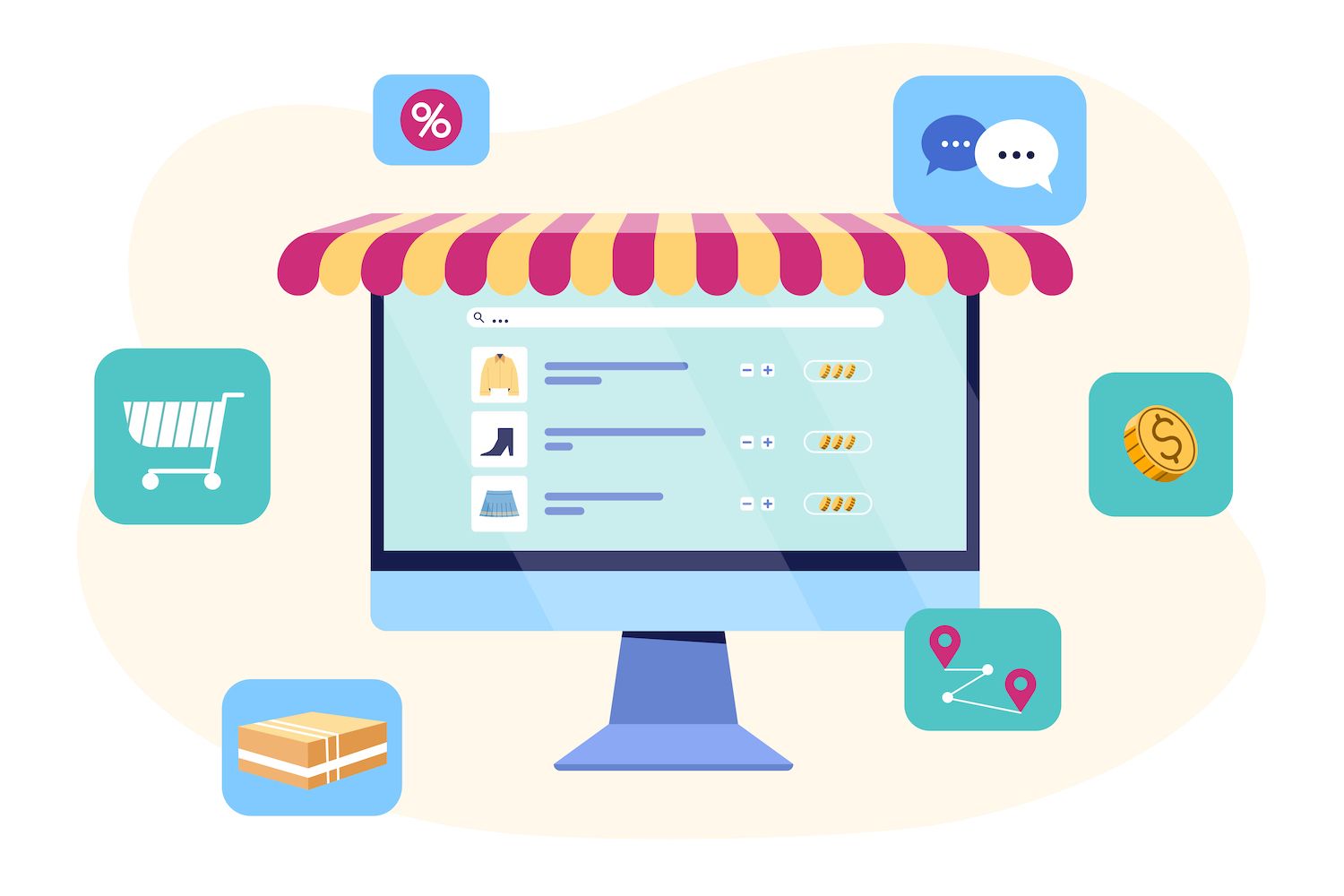
To address this pricing discrepancy further, the FAQ section located at the bottom of the announcement page states that the higher price via apps stores "reflects the cost of additional fees to host the Otter.ai subscriptions on both Apple and Google's app stores."
It goes on to specifically recommend that users cancel their current Apple App Store or Google Play Store subscription, and then renew their subscription on Otter's site..
The Growing Trend of Player Account Purchases for Video Games
Similar to Otter Like Otter, a lot of game app developers are offering discounted prices to customers who buy from outside the app through an external account connected to the app.
Developers may advertise these types of discounts and user accounts on their websites.
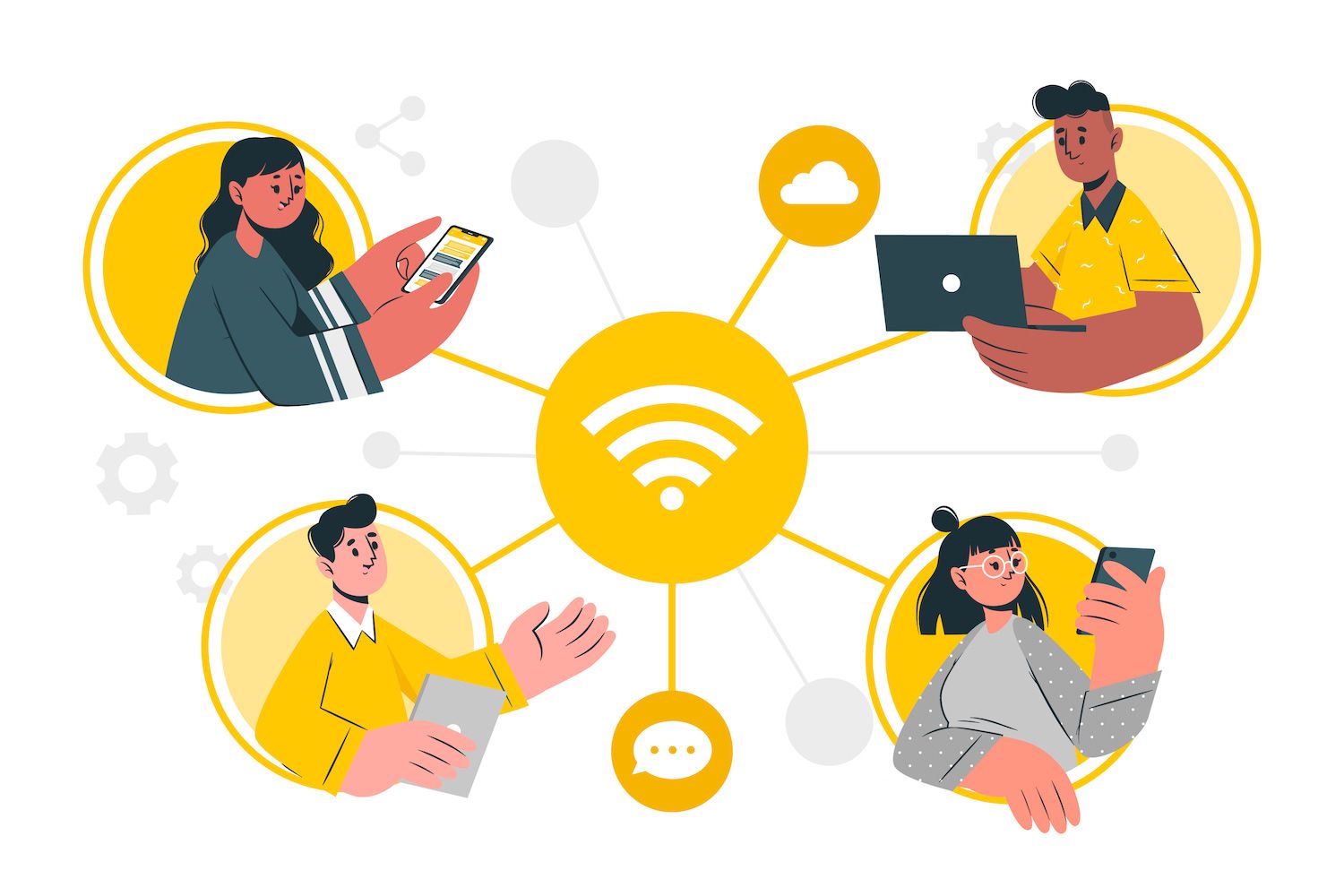
App devs make it easy for a user to sign up for an account by accessing the app from their phone, tapping an icon to register an account for the user, then signing up.
Users can then make purchases from the developer's website, and pay cheaper than for similar transactions through the app. (More details on accounts for users below.)

The List of App developers selling D2C will grow.
There are many benefits of selling apps and games through the iOS App Store and Google Play however, the drawbacks of pricing and limitations to game distribution mean that the court case process continues and new rules open the marketplace, more developers will be wondering whether they could adopt the D2C strategy for their app or game.
How To Sell Apps in other App Stores
Although the app can be available for download via the Apple App Store or Google Play Store -- and Otter is charging a higher rate if you have to pay annually for their Pro subscription via the stores -- there's an alternative that's less expensive for their users: Downloading the app through one of those stores and then paying for their service on Otter's own website using a different payment services supplier.
This model provides an illustration of the differences between the distribution of apps through app marketplace, or monetizing an app via app marketplaces.
Even if downloads of your app are captive to proprietary stores, that doesn't mean it's the only option for customers to purchase the features or services you offer.
Below are a few most important aspects to take into consideration before setting up your own option for monetization outside of major marketplaces for apps.
Select a payment provider
There are a variety of options available for payment services providers (PSP) and merchants of record (MoR) available that you could set up to take payments outside of device-captive app stores.
However, there's a major distinction between payment service companies and merchants of record.
A PSP helps businesses sell products by providing special connectivity and services required for this (such for connecting payment processors, payment gateways and merchant accounts).
An MoR as a whole and is able to take on significant responsibilities including ensuring the rules for card brands, regulations guidelines in various countries as well as risk, sales taxes and VAT, and more. That includes calculating, collecting and remitting taxes.
Why Not Just Pick an Even Lower Cost Solution Like Stripe?
Stripe comes with multiple upgrades to help fill in those gap, however each upgrade package will continue to raise the cost.
Users Accounts
For the purpose of connecting purchases from your personal checkout and your app that was downloaded via an app store, you'll require some sort of user account system to allow users to keep track of the details of their transactions and also receive credits for their purchase.
Users' accounts allow them to purchase items outside those on the App Store or Play Store and then log in to your app and see your purchase credit in the app.
In the case of , we provide consumer support to users and, in case they have any issues concerning their purchase, or with their payment account, we'll be on hand to help.
The purchases that are tied to accounts of users usually take the form of currency in-app or subscriptions.
Game or in-app currency
To make your app monetizable using the in-game or in-app currency The currency is bought with real cash on your website and later redeemed in your app for in-app items such as features, items, etc.
For several games on mobile devices, the applications use in-game currency like gems, coins, gold, or a unique fictional currency that users are able to redeem for bonus points within the game. It is usually bought as a package, which include exclusive pricing on the web in the event that users exit the app and go directly to the game developer's site.
Subscriptions
Rather than individual purchases as necessary, you might prefer offering access to your app (or the features and premium services) via a subscription, typically available either monthly or annually.
In addition to a no-cost option the Otter's plans are also available for yearly or monthly subscriptions.

Updates and Items
Upgrades and items are an additional option to monetize your application. These can be independent of different options, such as subscriptions or in-app currency, or they can work in tandem to them.
In the case of Otter that offers the free version of their services (either through their website or via their application) Upgrades such as additional transcription time teams, collaboration with colleagues, and advanced export options help motivate users to join their Business and Pro plans.
When it comes to gaming applications, the possibilities are almost endless including exclusive characters, items as well as power-ups in order to encourage players to buy through the web site and use within the application.

Legal News Re: App sales and monetization
If you're not familiar with the ongoing and recent legal issues that may affect the both Google and Apple's online stores in a way There have been quite a few across Europe and the U.S. and Europe alone.
HTML0 is the Digital Marketing Act (DMA)
Epic Games' Lawsuits
After Epic Games used discounts to incentivize its Fortnight users to make use of an alternative payment method rather than the app marketplaces that both Apple and Google have since took Fortnight from their stores in 2020. Epic Games then separately sued both Apple as well as Google.
In the Google case, appeals also continue, but the court in December 2023 resulted in the favor of Epic on all counts.
State-Led Cases
Partner With
